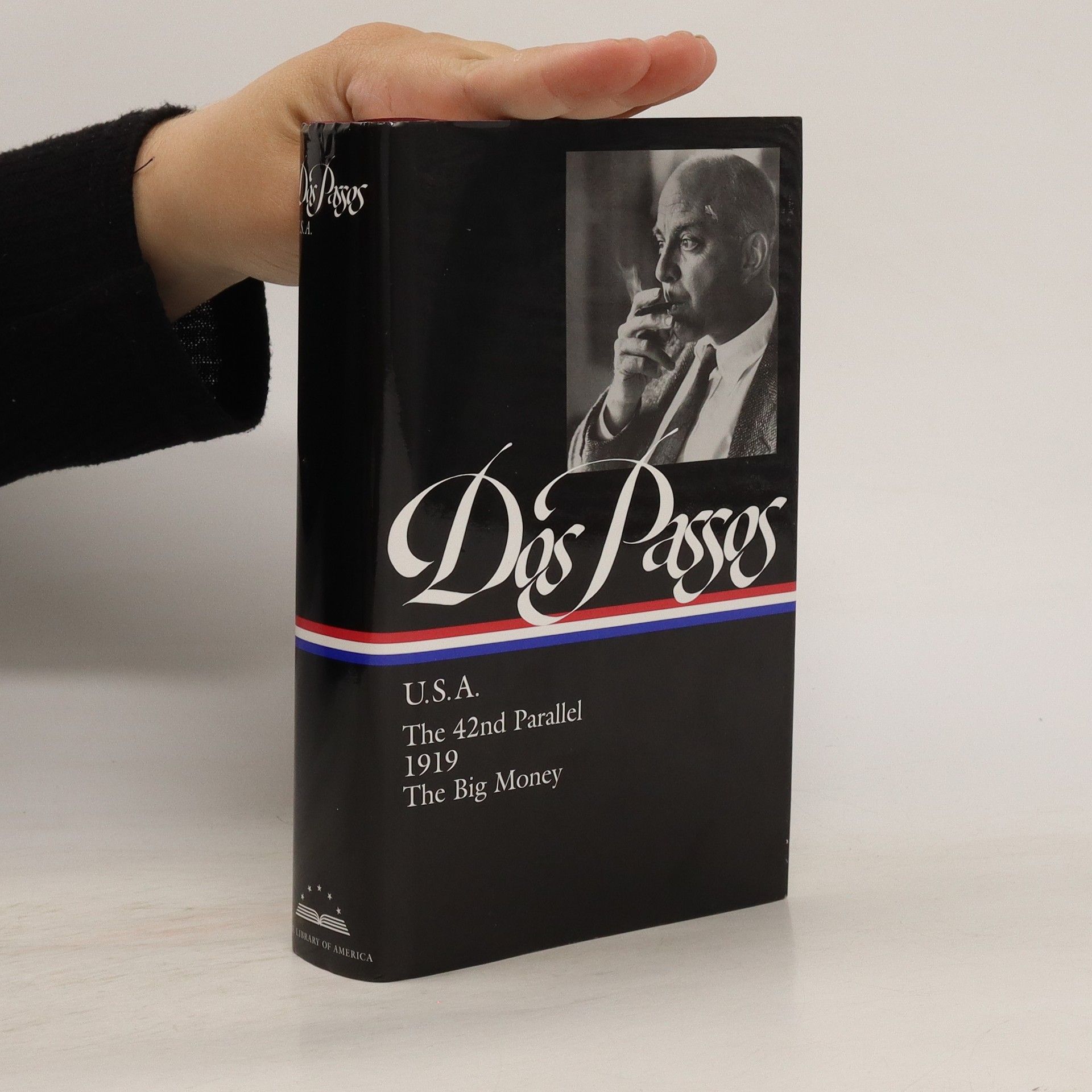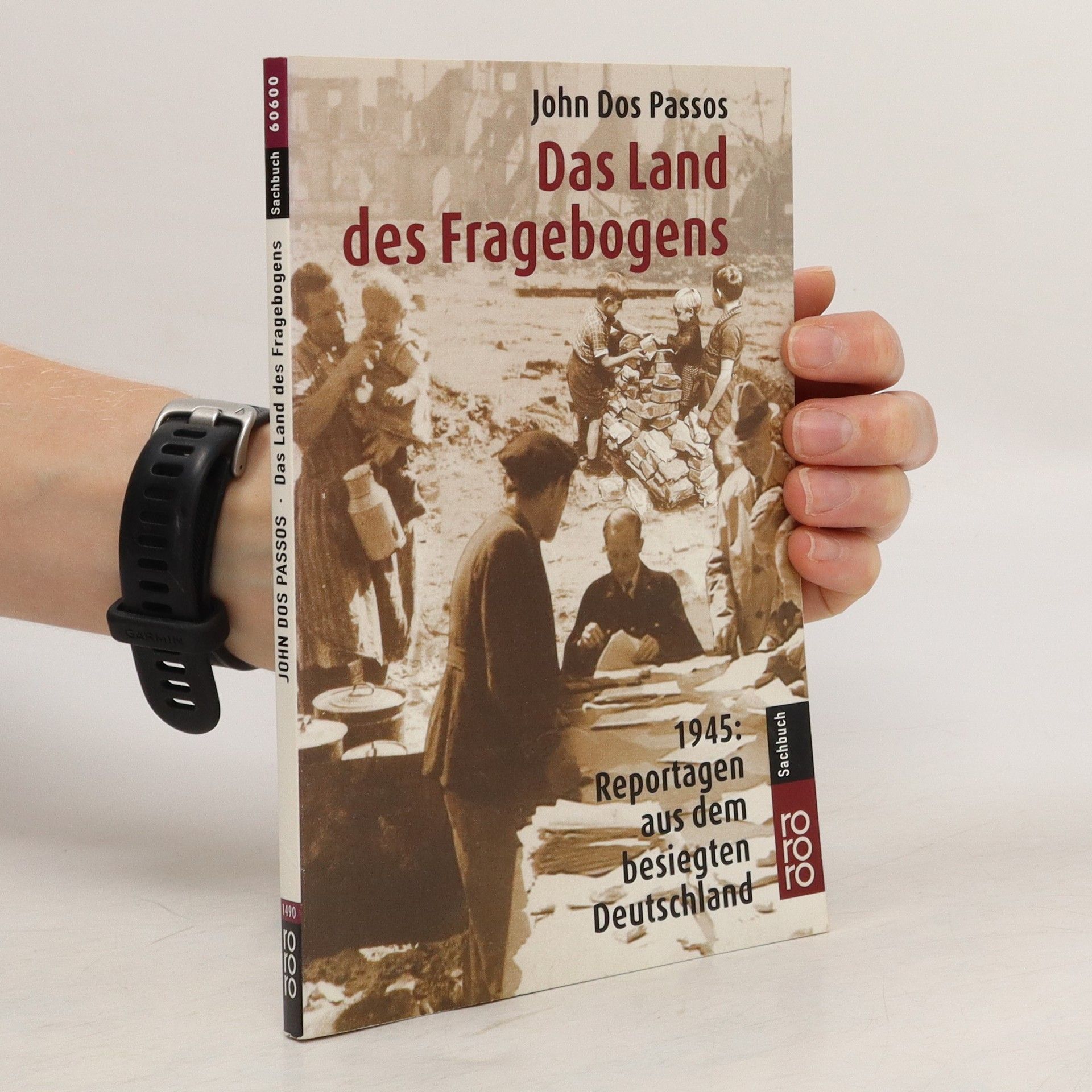One Man's Initiation-1917
- 130 pages
- 5 hours of reading
Set against the backdrop of World War I, the narrative follows an ambulance driver navigating the tumultuous landscapes of Italy, France, and Spain. This semi-autobiographical tale delves into the harrowing experiences of war, capturing the emotional and physical toll on those serving on the front lines. Through vivid storytelling, the protagonist's journey reveals both the chaos of battle and the profound impact of human connection amidst the horrors of conflict.





